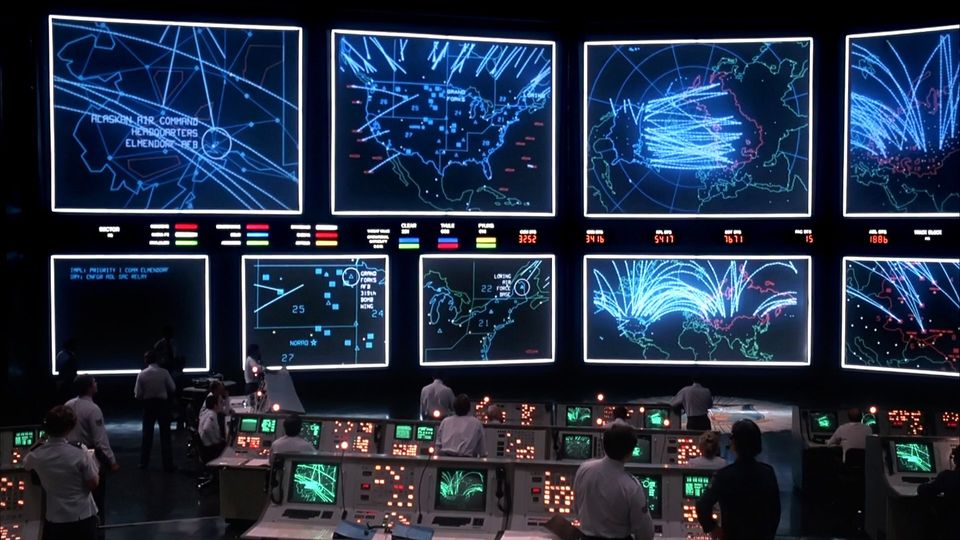Preparing for the Unthinkable: The Importance of Cybersecurity War Games

In the digital age, the threat landscape is ever-evolving, and the potential for cyberattacks on critical infrastructure is becoming increasingly real.
An article in today's The Sydney Morning Herald highlights a 'nightmare' cybersecurity scenario being war-gamed by the Australian government. The scenario, while entirely fictional, is a stark reminder of the potential chaos and disruption that a well-executed cyberattack could cause.
The scenario involves a crippling cyberattack on Australia's busiest airport, bringing it to a standstill. The situation escalates as a major airline's check-in software starts malfunctioning, and a ransom note from a hacker is discovered. This scenario, while fictional, is a realistic possibility that the federal government is preparing for through a series of cyber war games.
These exercises, which began in April, involve corporate leaders and regulators from various sectors, including banking and finance. The goal is to strengthen the response to a major cyber breach and to break down the silos separating the private and public sectors. This approach is akin to a fire drill, preparing all stakeholders for a potential disaster and ensuring that everyone knows their role and responsibilities in such a situation.
From personal experience, running adversary simulations such as red teams and tabletop cyber incident response exercises are invaluable ways to continually assess weaknesses and maintain preparedness. They provide a realistic and practical way to test defenses, identify gaps, and improve response capabilities.
One of the key takeaways from these exercises is the importance of cross-sector collaboration. In the face of a major cyberattack, it's crucial that both the private and public sectors work together seamlessly. This means breaking down the silos that often exist between these sectors and fostering a culture of collaboration and information sharing.
The leadership of Clare O'Neil and the appointment of Air Marshal Darren Goldie as the new National Cyber Security Coordinator are strong indicators of the mainstream acceptance of cybersecurity as a national priority. Their roles underscore the importance of having dedicated leaders who can guide and coordinate our efforts in this critical area.
While we all hope that such a scenario never becomes a reality, it's clear that preparation is key. As the digital landscape continues to evolve, so too must our approach to cybersecurity. By conducting these war games, we can better prepare for potential cyber threats and ensure that we're ready to respond effectively and efficiently.

